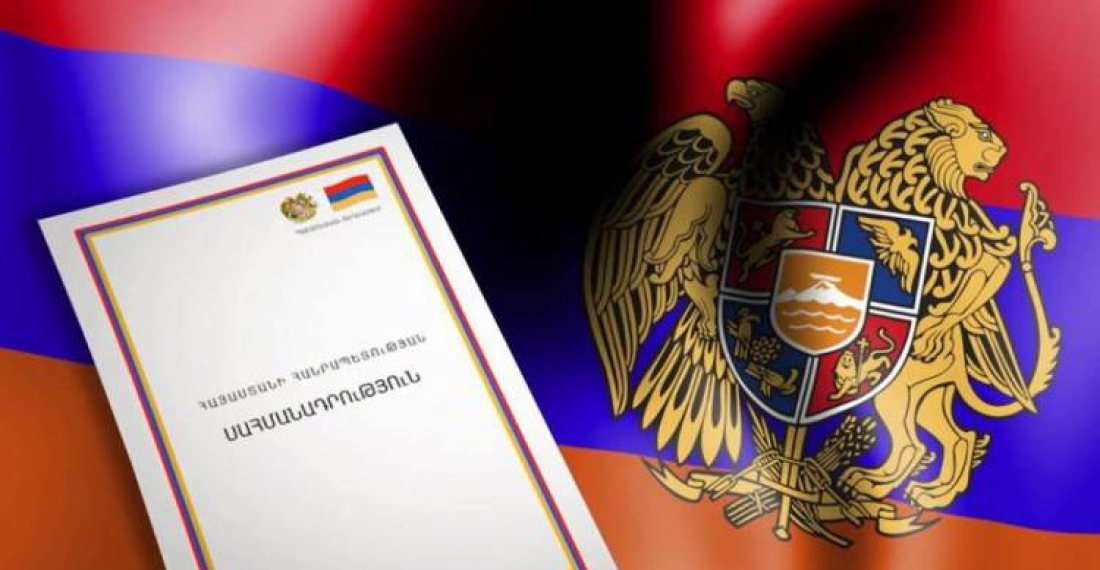Since the end of the Second Nagorno-Karabakh War in 2020, Armenia and Azerbaijan have been engaged in negotiations to sign a peace agreement. The process seems like a roller coaster of extreme ups and downs, reflecting the volatile and unpredictable nature of the discussions. Several times, the sides have seemed close to reaching a deal only for an unexpected circumstance to arise, causing a significant reversal during the peace talks. In late 2022, after intensive negotiations in Washington and Prague, Azerbaijan refused to appear in Brussels and instead launched a blockade of the self-proclaimed Nagorno-Karabakh Republic. Azerbaijan did the same at the end of 2023, when despite mounting hopes for an imminent agreement President Aliyev refused to attend the European Political Community (EPC) summit in October 2023 in Granada and the trilateral Armenia–Azerbaijan–European Union summit in Brussels.
The joint Armenia–Azerbaijan statement on December 7, 2023, which facilitated Azerbaijan’s hosting of the global climate summit, COP29, in Baku in November 2024, opened a new chapter in this ongoing saga. Since early 2024, discussions have been focused on building momentum toward signing an agreement before COP29. In April 2024, Armenia’s agreement to commence the delimitation and demarcation process from the Tavush region and to withdraw its troops from certain border areas seemed to foster hope that, this time, the roller coaster of negotiations might finally come to a stop, with a document being signed either before or during COP29.
However, in recent months, President Aliyev has highlighted what he describes as insurmountable obstacles to signing an agreement with Armenia—primarily, the Armenian constitution. Aliyev points to the preamble, which references the August 1990 Declaration of Independence, which itself mentions the December 1989 joint decision by the Soviet Armenia Supreme Council and Nagorno-Karabakh National Council regarding the unification of Nagorno-Karabakh with Soviet Armenia. He advances the narrative that the Armenian constitution contains territorial claims against Azerbaijan, arguing that a peace agreement cannot be finalized without constitutional amendments.
Since the beginning of 2024, President Aliyev has repeatedly emphasized the necessity of amending the Armenian constitution as a precondition for a peace agreement. He mentioned this during his meeting with the Secretary General of the Inter-Parliamentary Union, Martin Chungong, in Baku on February 1, 2024. President Aliyev reiterated these demands in early June 2024 during his meeting with parliamentarians from Turkic-speaking states, declaring that a peace agreement with Armenia is impossible without constitutional changes. He continued to advance this rhetoric in his speech at the Global Media Forum in Azerbaijan on July 20, 2024.
It is noteworthy that Prime Minister Pashinyan advocated amending the Armenian constitution even before his rise to power during the 2018 Velvet Revolution. He established a special commission on this issue following the revolution in December 2019. Despite the interruptions caused by the COVID-19 pandemic, the 2020 Nagorno Karabakh War, and the June 2021 snap parliamentary elections, Pashinyan formed a new constitutional amendment council and specialized commission. In December 2023, the council and commission submitted their proposal for constitutional amendments to the government. However, until 2024, there had been no discussions in Armenia regarding the removal of the reference to the Declaration of Independence or the necessity of drafting a new constitution entirely, as opposed to making incremental amendments.
Prime Minister Pashinyan addressed the need for a new constitution on January 19, 2024. During his interview with Public Radio on February 1, 2024, he raised the issue of reference to the Declaration of Independence in the constitution, emphasizing that the Armenian state must regulate its relations with the declaration. He argued that if Armenian state policy is based upon the declaration, Armenia will never achieve peace and will instead face imminent war. On May 24, 2024, Prime Minister Pashinyan issued a decision mandating that the Constitutional Amendment Council approve the draft of the new constitution by December 30, 2026.
In light of these events, it is imperative to acknowledge that Armenia’s constitutional provisions should not be used as an obstacle to peace. This expectation of constitutional changes could be perceived as a pretext to derail the peace process. Efforts to pursue peace between Armenia and Azerbaijan must not be held hostage by demands designed to be unattainable or irrelevant.
Regardless of domestic political discourse in Armenia concerning the necessity of making amendments or drafting a new constitution, Azerbaijan’s arguments on this issue are unconvincing. Some in Baku argue that without legal changes, future Armenian governments may attempt to reverse the losses incurred in 2020–2023. However, it is clear that if a future Armenian government has the intent and capability to act against Azerbaijan, it is unlikely to abandon its plans solely because of constitutional or legal changes made by the Pashinyan administration a decade or more earlier.
Others argue that the Armenian parliament or constitutional court will not ratify the peace agreement, as it may contravene the constitution. However, this argument also lacks merit. If this happens, Azerbaijan stands to lose nothing; in fact, it would present Azerbaijan with a prime opportunity to demonstrate how Armenia derailed the process after the agreement was signed, therefore painting Yerevan as a “malign actor.”
Thus, Azerbaijan’s insistence on legal changes in Armenia as a mandatory precondition for the agreement is nothing less than a deliberate attempt to undermine momentum in negotiations leading up to COP29 and prevent the signing of any agreement. Azerbaijan aims to perpetuate the post-September 2023 “no war, no peace” situation in Armenia–Azerbaijan relations, keeping the door open for new military escalations. These actions not only obstruct the possibility of Armenia–Azerbaijan normalization but also hinder Armenia–Turkey normalization, thereby directly impeding the United States’ and EU’s efforts to bring stability to the South Caucasus.







